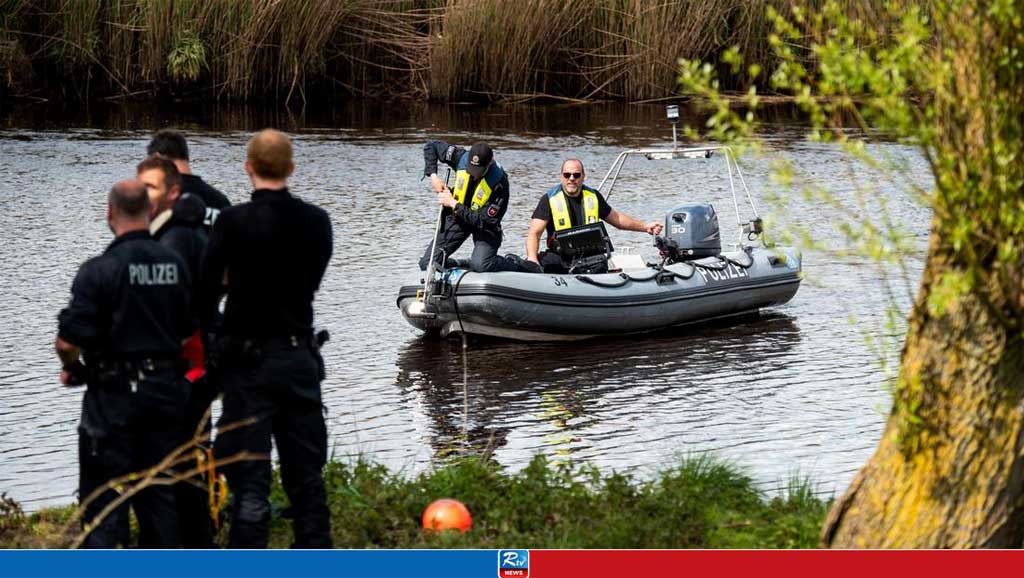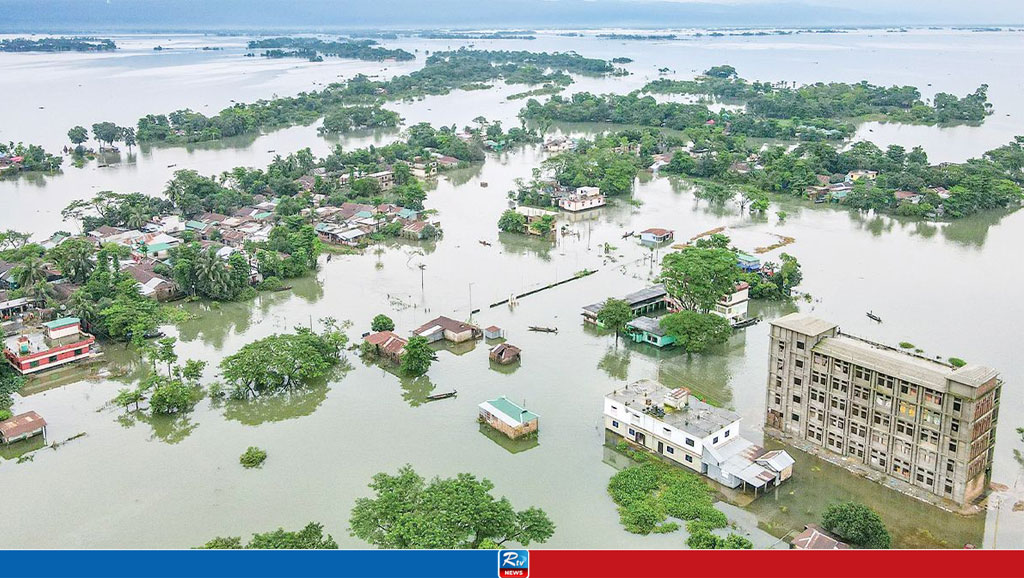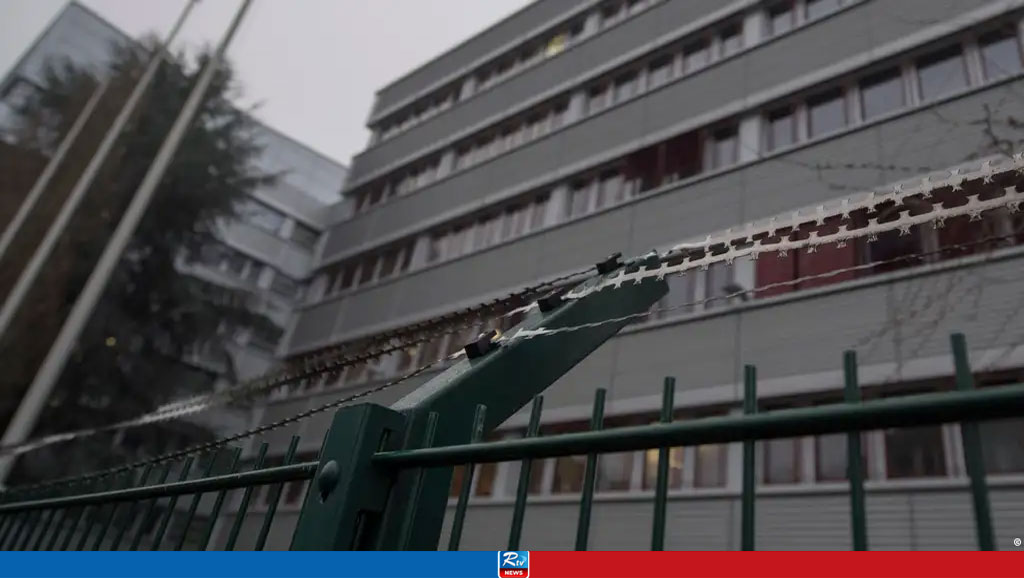Floods in southern Germany: 40 hours of disaster
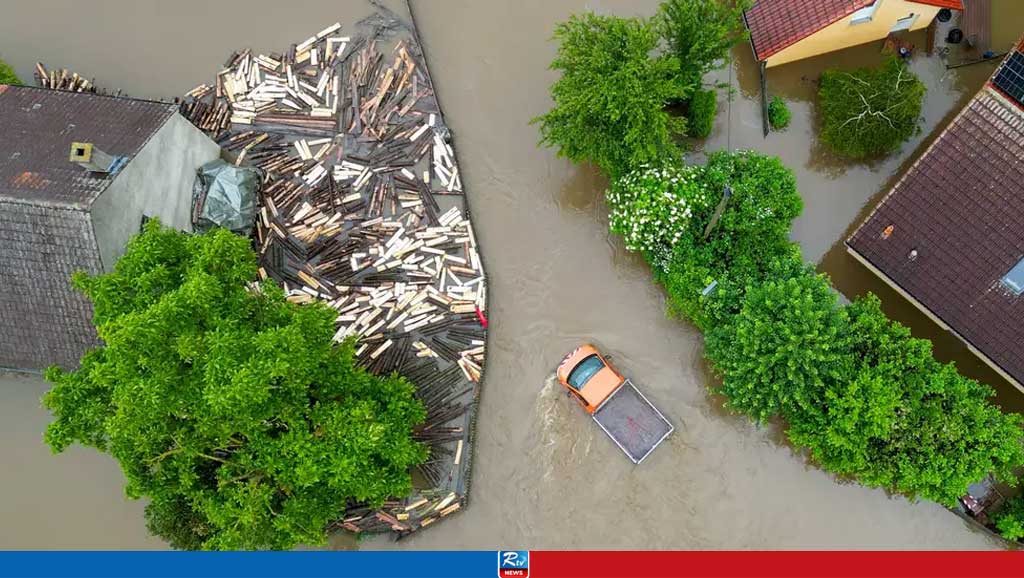
The flooding in southern Germany has caused dams to burst, thousands of evacuations and left communities inundated. Oliver Pieper reports from Augsburg.
Tobias Kunz has been under constant pressure since 6 a.m. on Saturday. The mayor of Nordendorf, a small community of 2,600 inhabitants north of Augsburg, is desperately fighting the floodwaters of the River Schmutter. Together with 300 volunteers, he is trying to save the local primary school itself.
"Yesterday we filled 40,000 sandbags and built a 240-meter-long dike with them," he told DW. "Some of the helpers have been on their feet for 40 hours without sleep. But with the extreme amounts of water today, even that wasn't enough."
The volunteers are hurrying to pack the black sandbags from one corner to the other, while Kunz, coordinating the relief efforts, gets bombarded with questions by the second. The school will definitely be closed this Monday, he explains with a sad laugh. But what particularly depresses him is that the battle against the water around the new sports field has been lost — the dam has broken.
"Our school sports field, which cost around a million to build, was under water in a quarter of an hour. The entire infrastructure is flooded. Our sewage system is also not working, so the students can't even go to the toilet," he said.
Baden-Württemberg and Bavaria particularly hard hit
The same thing is happening in Nordendorf as in many communities in southern Germany: The dams cannot withstand the water, and dozens of villages have had to be evacuated. The initial assessment: In some places, more rain fell in 24 hours than the average for an entire month, and the water reached levels that are usually only reached once in a century. Baden-Württemberg and Bavaria were particularly affected this weekend, with some communities having to issue a state of emergency. One firefighter died and at least one person is missing.
For many, the extent of the flooding came as a complete surprise, which was also the case for the four young men standing a little indecisively a few kilometers further south in Kühlenthal. Their problem: They can no longer reach the house that they had been busy protecting with sandbags yesterday because of the flooding today. The village has now been evacuated.
"It's the house of one of our parents, who are on vacation in Austria," they told DW. "We tried to save what we could yesterday. But the water came from all directions. At least we were able to drive the two cars up the mountain and bring them to safety."
Better prepared after Ahrtal
In Diedorf, a few kilometers west of Augsburg, six car owners were not so lucky. An underground car park was completely flooded, as were the cellars of the surrounding houses. The German Federal Agency for Technical Relief is now on site, using a special device to pump out the brown sludge, at a rate of 10,000 liters per minute.
A dyke and a dam also broke in Diedorf. Although the floodwaters are now slowly receding and the water levels are falling again, no one in the small fire station wants to sound the all-clear. Not even Philipp Niegl, the local fire brigade commander. Like everyone else, Niegl does this job on a voluntary basis — he is also a vocational school teacher. His conclusion: "After the flood of the centuryin the Ahr valley [in 2021], we added to our equipment to be better prepared: we now have a supply truck that can drive through deep water. This time it was able to transport a lot of people."
Evacuation camp set up in record time
Those who had been evacuated and had not been able to find a place to sleep with relatives or friends were able to spend the night in the nearby sports hall in Diedorf. In the city of Augsburg, the central reception center for all those stranded is the huge exhibition hall. A camp with beds for 300 people was set up here in record time.
Augsburg has experience in disaster management, explains press officer Raphael Doderer. At Christmas 2016, the city had to evacuate 54,000 people because of a World War II bomb. "We had 170 people here last night, at noon it was still 130 and now 80," Doderer told DW. "Most of them are elderly people who live in nursing homes, including dementia patients. We had to carry some of the senior citizens out of the house to a boat with a Unimog truck, then back into a Unimog truck and finally into the ambulance."
Some elderly people were still left in the huge reception hall, including Sabine Fischer's parents and two female neighbors. The night ended for the Fischer family at 2 a.m. The Schmutter, which normally meanders quietly through the town of Kühlenthal behind the house, was suddenly four meters wide and water was seeping into the basement.
"We are waiting and waiting here and don't know how much water has penetrated our property," Fischer told DW. "It was simply inconceivable to us that it would be so bad. Our only wish: To go home as soon as possible."
Comments
Chinese doctors claim to cure diabetes with cell therapy

Australia: Man arrested after running naked through plane

Two Arrested in Money Laundering Scheme Tied to Chinese Entities and Mexican Drug Cartels

China will relocate close to 1 million rural Tibetans by 2025: HRW report

World Uyghur Congress condemns Hong Kong Court's pro-democracy activist sentencing

Southern Germany hit by catastrophic flooding
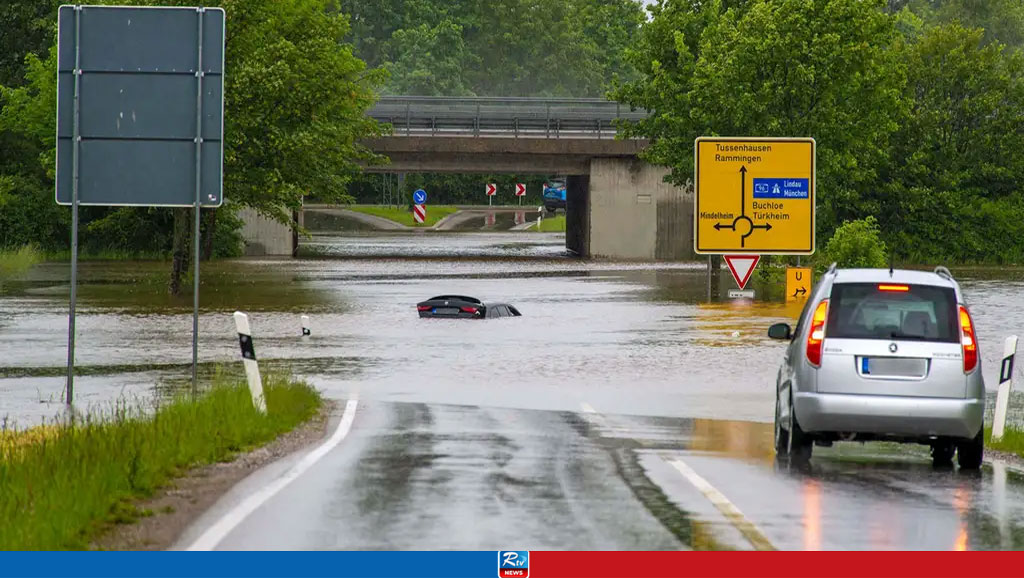
China state firms targeted by U.S. lawmakers for allegedly helping Iran
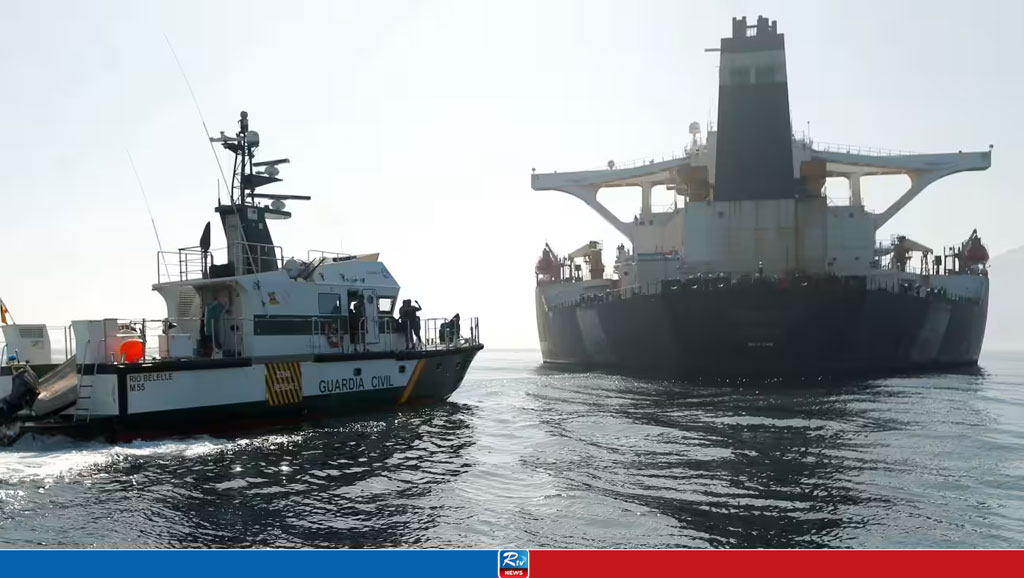

 Live Tv
Live Tv

